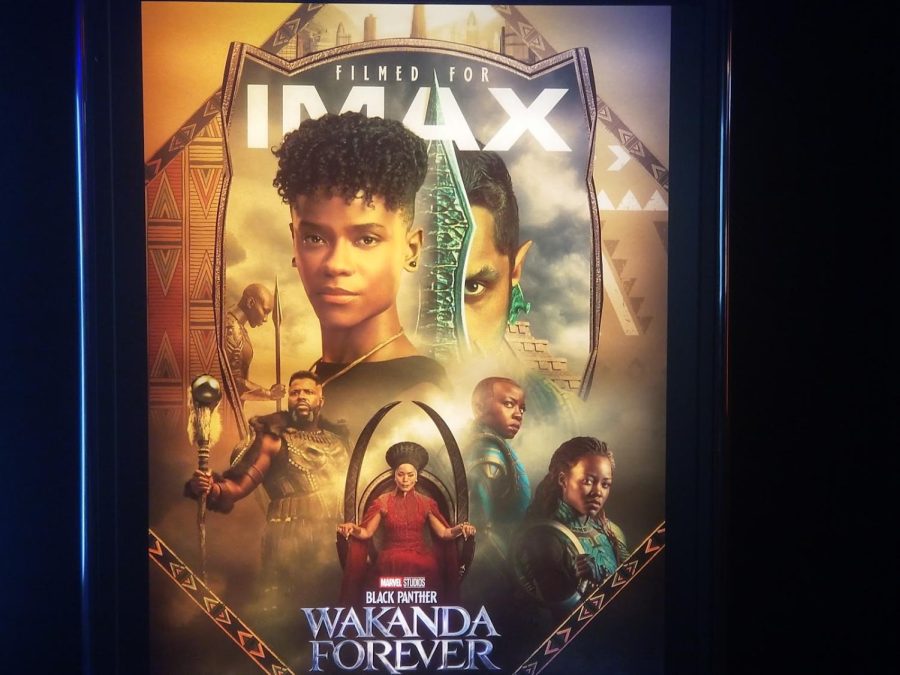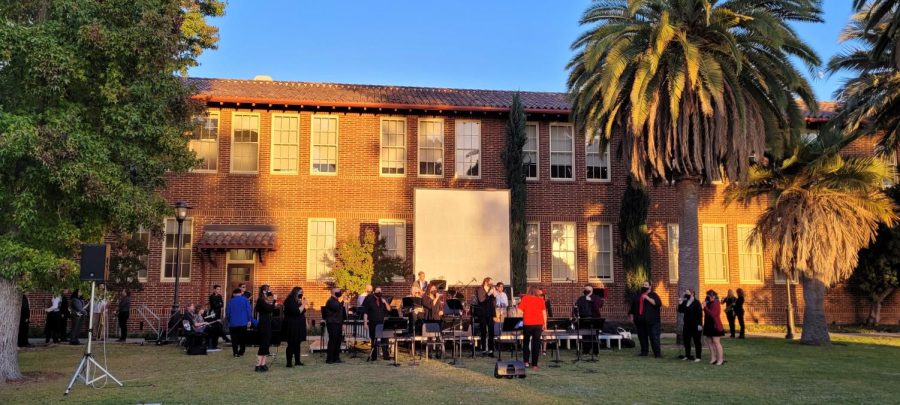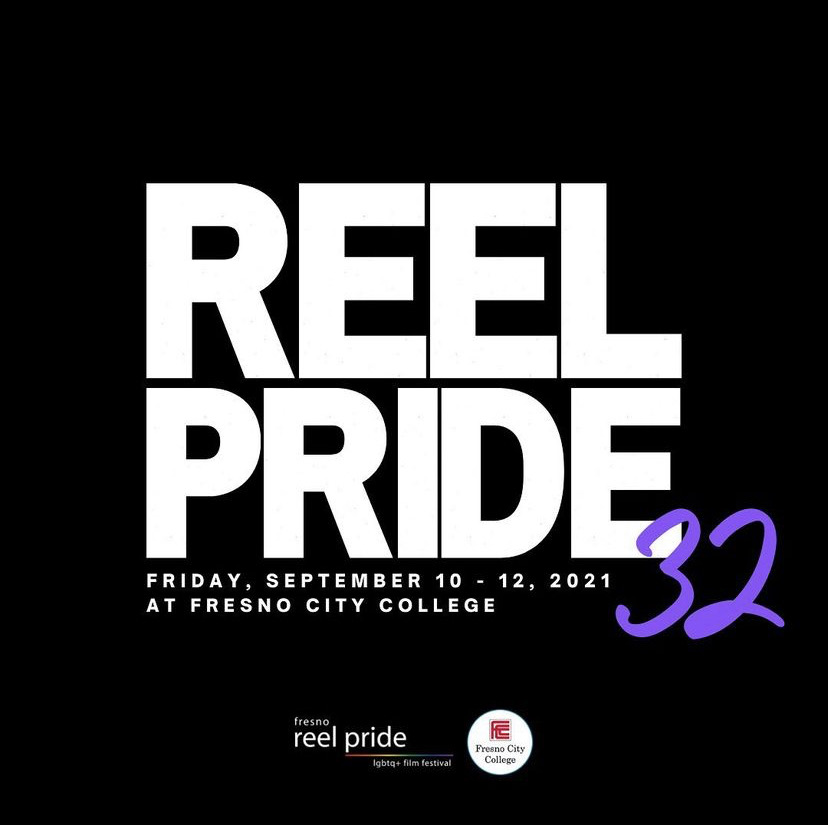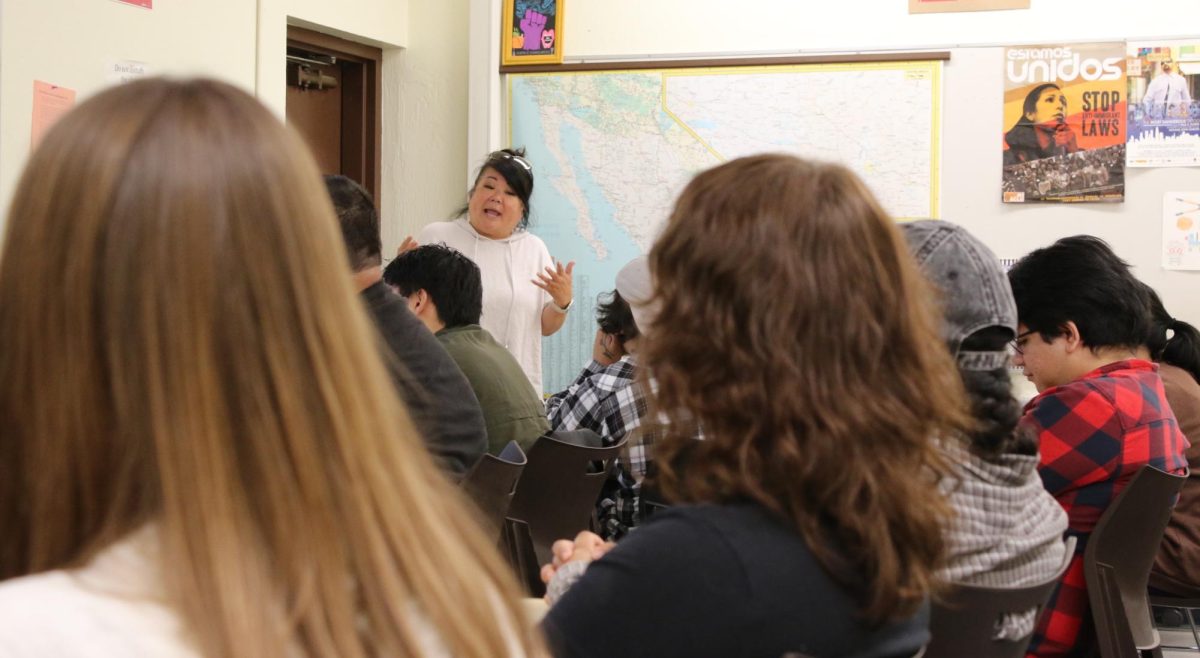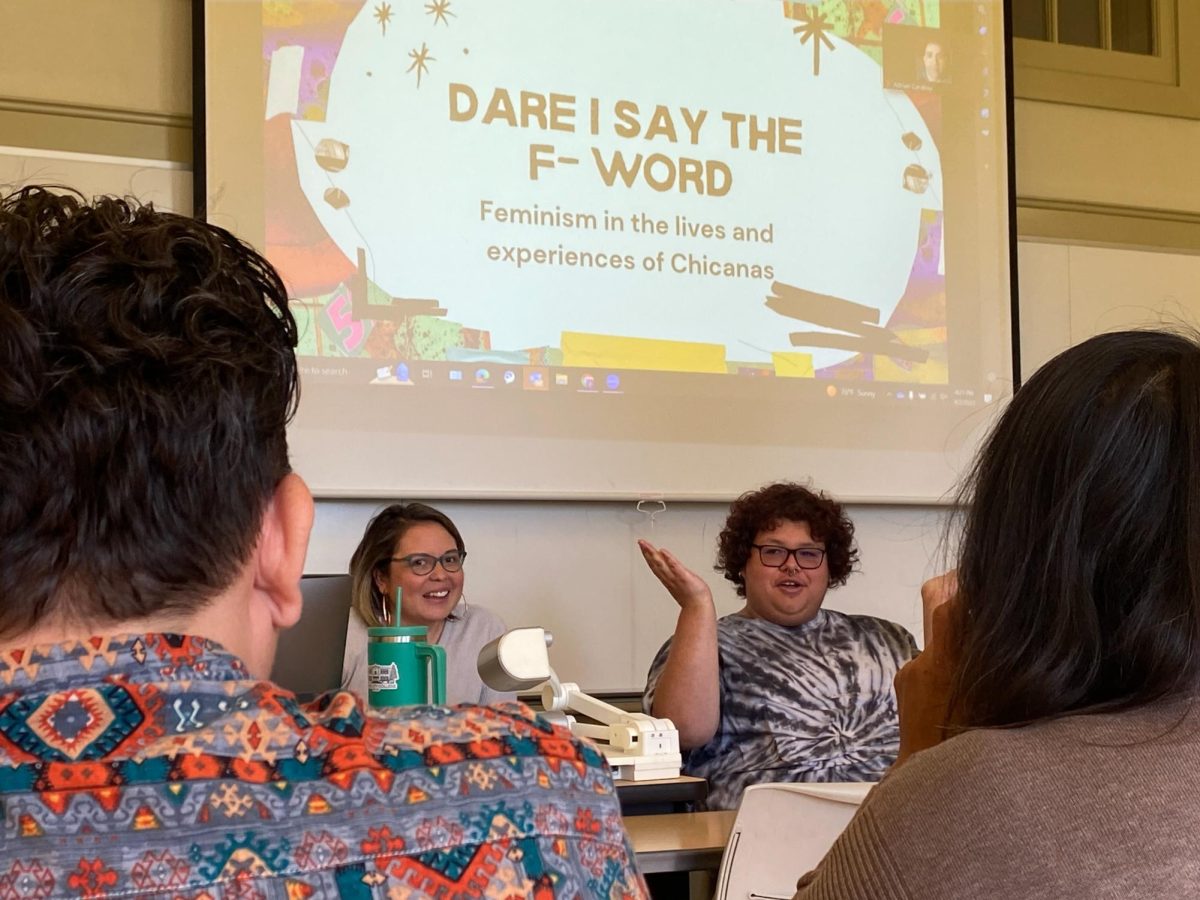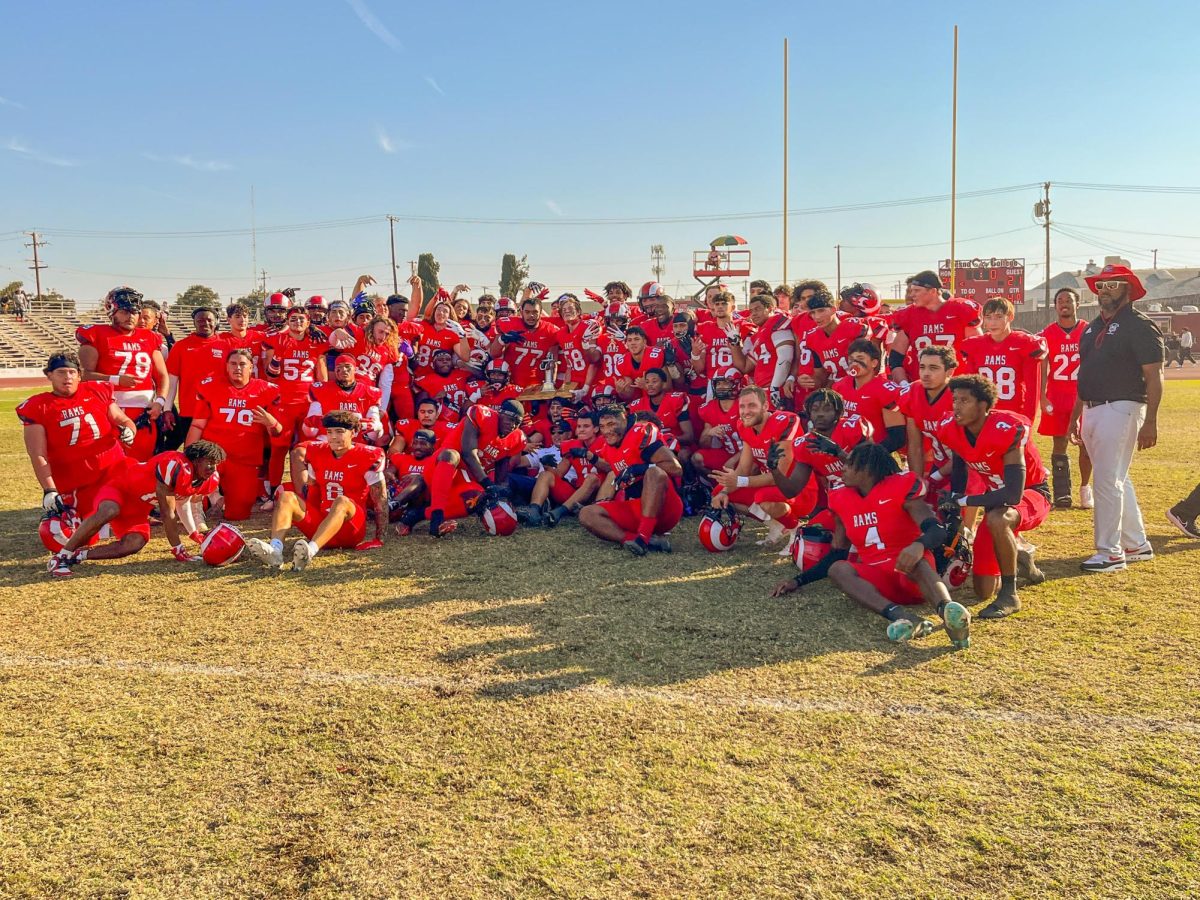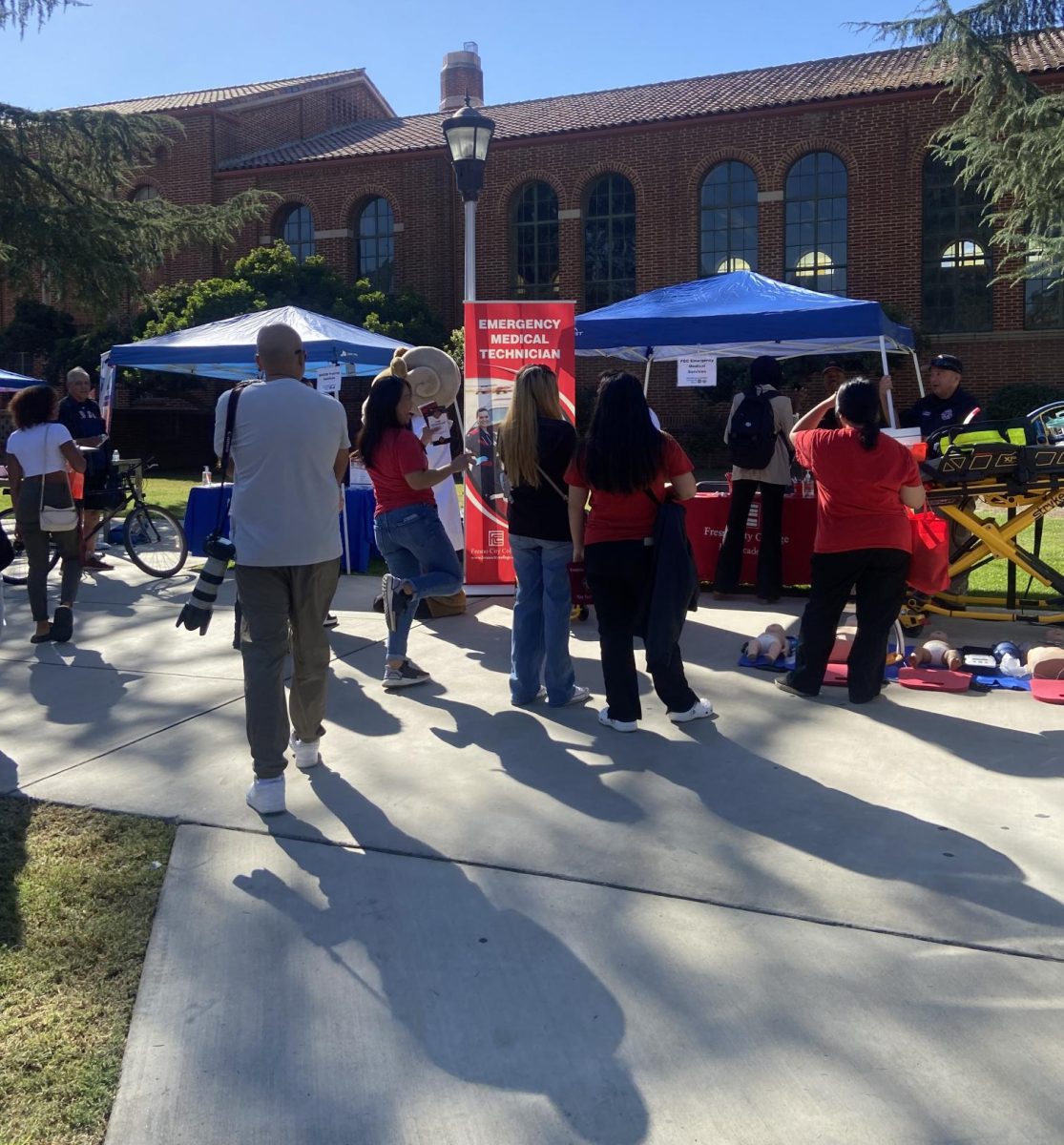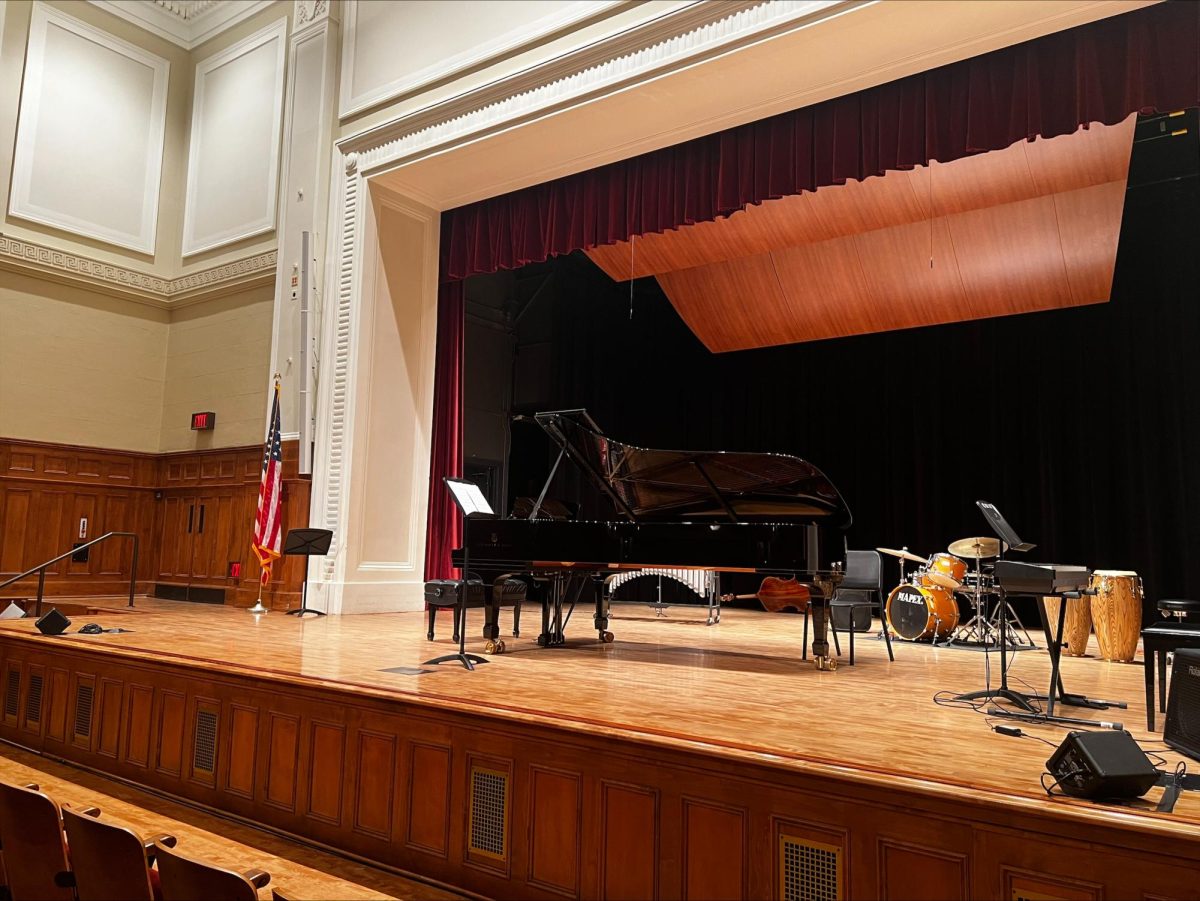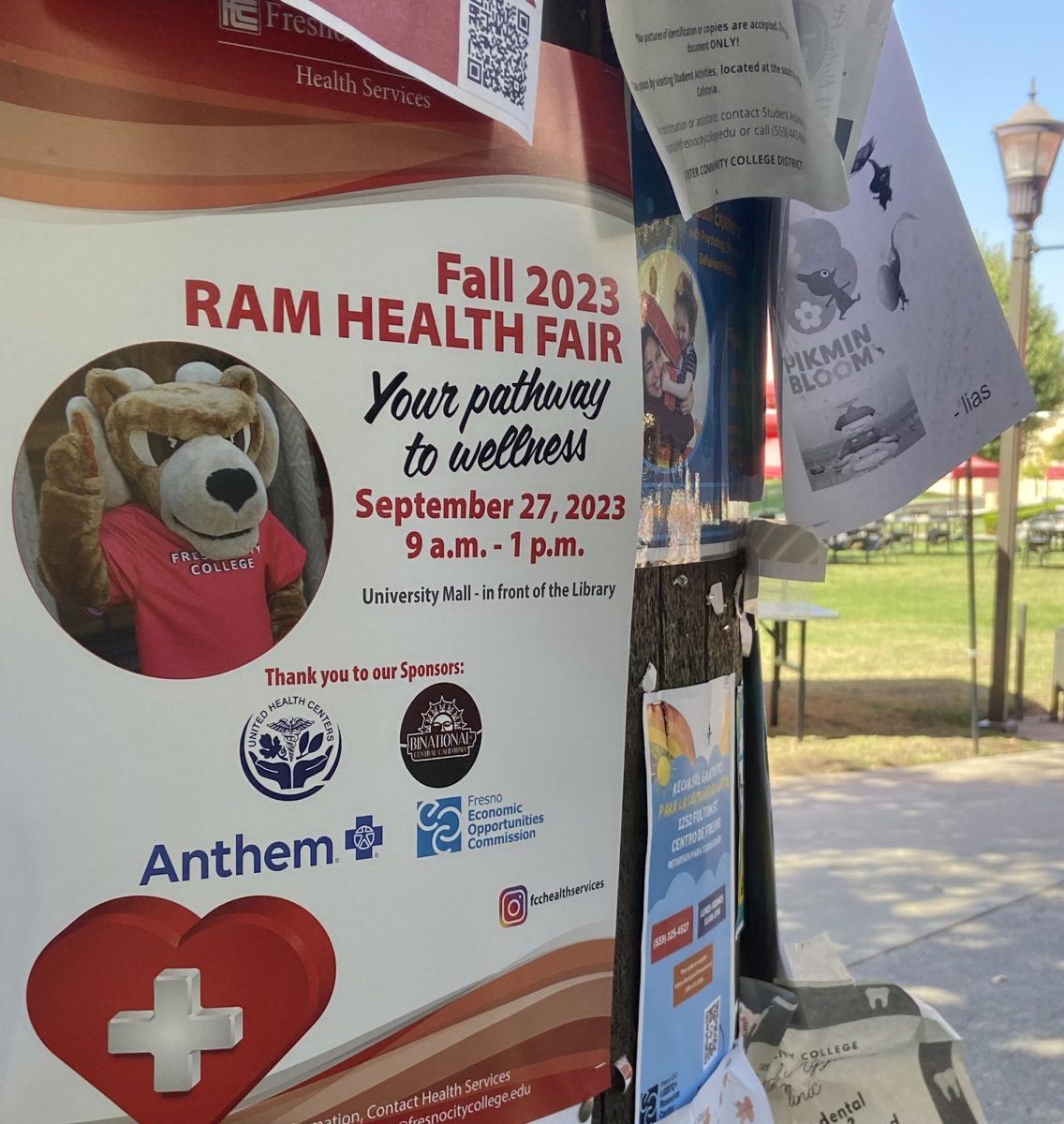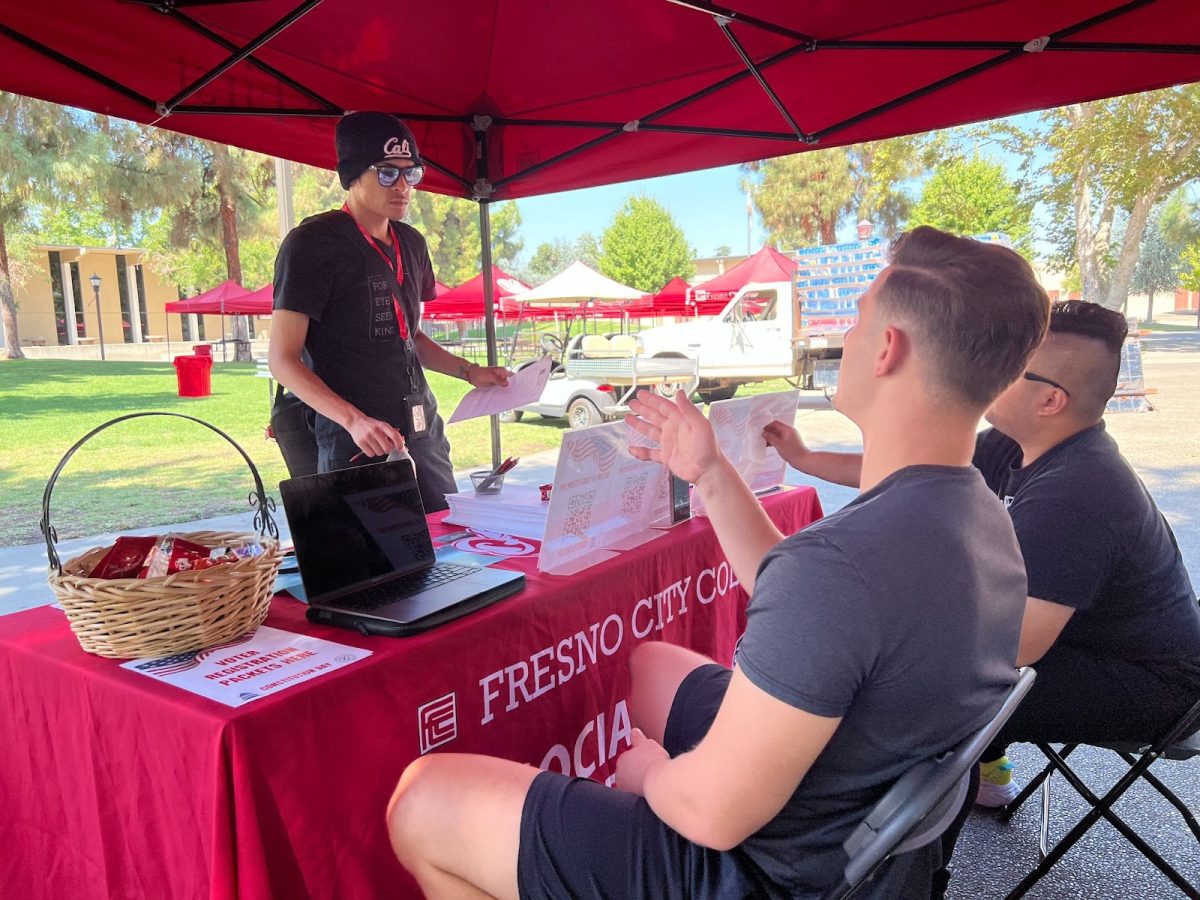A collaborative film project by five Fresno City College students was chosen to be presented at the 112th American Anthropological Association’s annual meeting in Chicago, Ill., this November.
Former Current students Emily Flores, Emily Haas, Monica Mae Kiser, David John Semsem II and Pavady Senechaleunsouk will represent the college, one of only 20 undergraduate institutions in the nation invited to participate. Kellen Prandini, an instructor of Anthropology will accompany the group.
Their film, “Student Voices: Re-engaging Readers,” is composed of three, five-minute interviewing scenes wherein FCC students, including ones who initiated the project, respond to questions regarding their view on reading assignments. The films will be shown in the Staff Dining Room on Oct. 9 from 11-12 p.m. and Oct. 10 from 6:30-7:30 p.m.
In one film, a prevalent response was a complaint related to the incompatibility between homework and lecture-based material. The interviewed students said that their reading assignments don’t pay off because they are rarely the subject of lecture or discussion.
The project’s abstract encourages instructors “to reflect upon the voices” of students and to build “effective teaching strategies” to fortify the way students engage with their reading material.
These “trigger films” were fueled by Prandini’s graduate work at San Francisco State University. Prior to receiving his master’s degree in visual anthropology, Prandini traveled to Tanzania to create a documentary film to educate villagers and city-dwellers on issues such as HIV and its contraction.
His credentials in film production or cultural anthropology gave Prandini the foundation to advise this student project on ethnography and current issues.
“I used some of that background on this project for [Fresno] City [College]. It’s the same idea,” Prandini said.
A couple of faculty members from the inquiry group of the Reading Apprenticeship program were inspired by the notion of interviewing students, according to Prandini. So they decided to make their own films and interview their own students.
The group borrowed film equipment from the FCC technology center. And by the end of spring semester of the last academic school year, the group had managed to conduct 31 video-recorded student interviews and 600 surveys targeting student-reading habits.
The films were first shown on Flex day, a day of presentations for staff development, according to Dr. Jill Minar, anthropology and archaeology instructor. Its debut received significant attention, including that of college president Tony Cantu who contributed to the funding for the group’s trip to Chicago which Prandini estimates at $1,200 per person.
On Sept. 21, the group presented at the California Association for Developmental Education conference at San Mateo.
Minar said that as much as the decline in reading comprehension is largely a student issue, it must be addressed and prevented mainly by educators. These student-made films are intended to be a faculty resource to call attention to what students perceive to impede their educational progress.
Minar has already started to make changes by making her approach to reading “more transparent” to her students. This way, they can observe how she herself analyses the text she assigns.
Emily Haas, the project’s lead student, was described by Prandini as its “heart and soul.” Haas said that the reading problem “comes from social issues and the way that those impact students’ abilities to really engage the material.”
A possible remedy to this situation, Haas said, is encouraging students to read with a “critical eye.” She also emphasizes that discussing the material creates the difference between docile workers and “people that will challenge the things that are messed up in our society.”
From responses her group collected, Haas says that students desire to have discussion based on the material they were assigned.
“That’s what makes the knowledge stick,” she said. “That’s what makes knowledge valuable instead of just another thing to put in our minds.”





